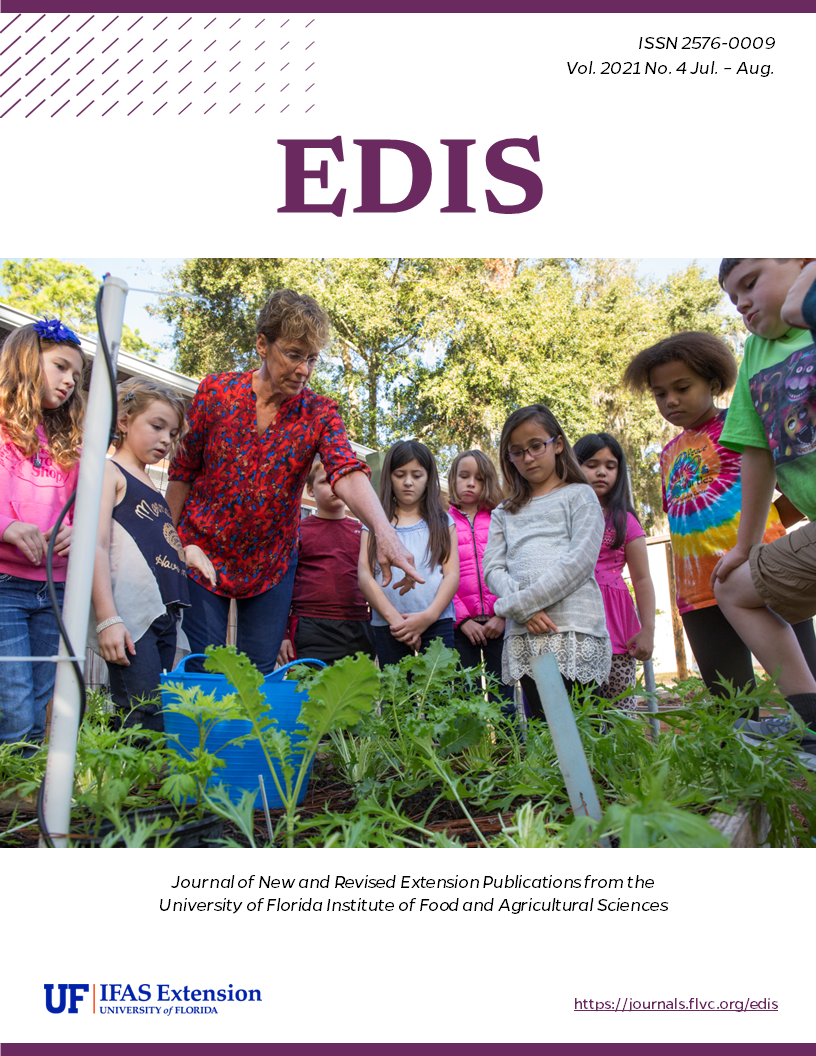Abstract
In this document we introduce a standardized set of seven terms compiled by the members of the UF|IFAS Invasive Species Council that can describe most situations involving invasive species. We do so to promote a common language among Florida’s Extension and outreach professionals. This will limit confusion caused by excessive jargon used to describe invasive species and the fact that much of this jargon is used incorrectly. This confusion hinders stakeholder understanding of environmental and economic impacts caused by invasive species which can prevent stakeholders from adopting behaviors that can both limit the introduction of new invasive species and decrease the impacts of those already established. The seven terms we propose are “native”, “nonnative”, “introduced”, “established”, “invasive”, “nuisance”, and “range change”. We also list six terms to avoid due to their tendency to create confusion and/or be misused and misinterpreted (“native invasive”, “invasive exotic”, “invasive weed”, “alien”, “foreign”, and “nonindigenous”) as well as precise definitions of common legal terms (“noxious weed”, “injurious”, “prohibited”, and “conditional/restricted”). By speaking this common language, Florida’s Extension and outreach professionals can deliver a simplified and unified message about the impacts of invasive species and how to best prevent and control them, potentially increasing the environmental and socioeconomic benefits of invasive species Extension and outreach programs.

